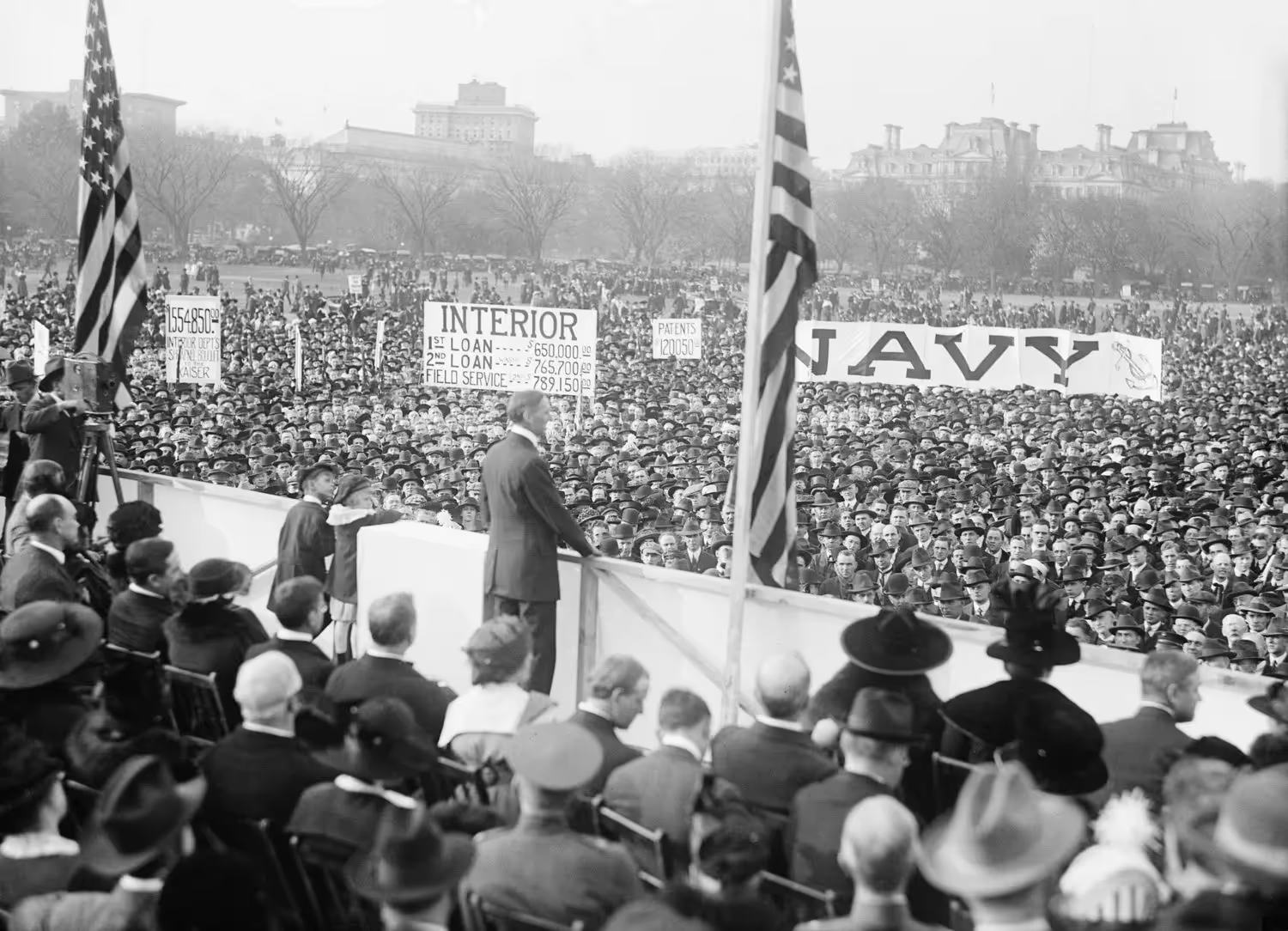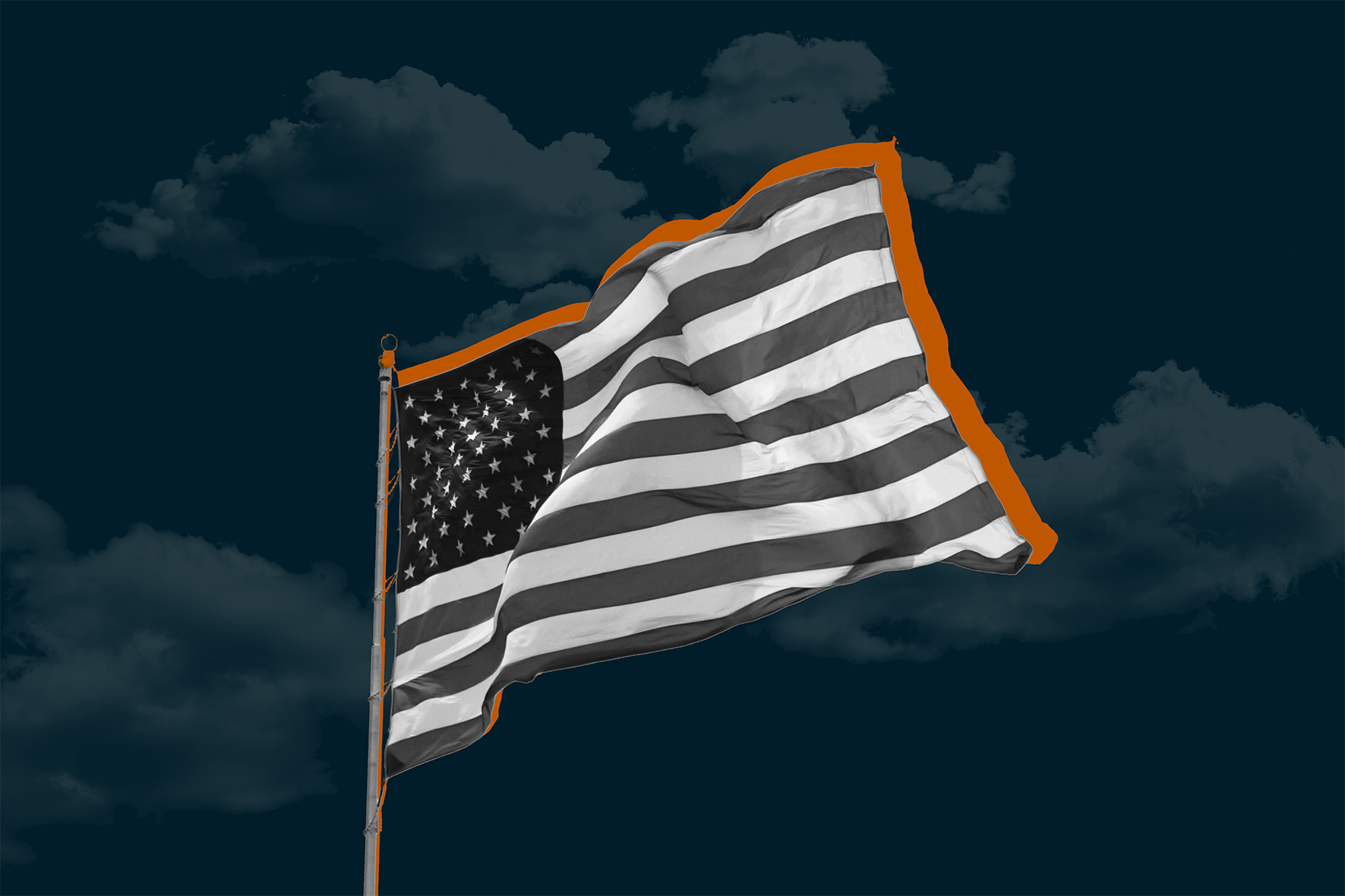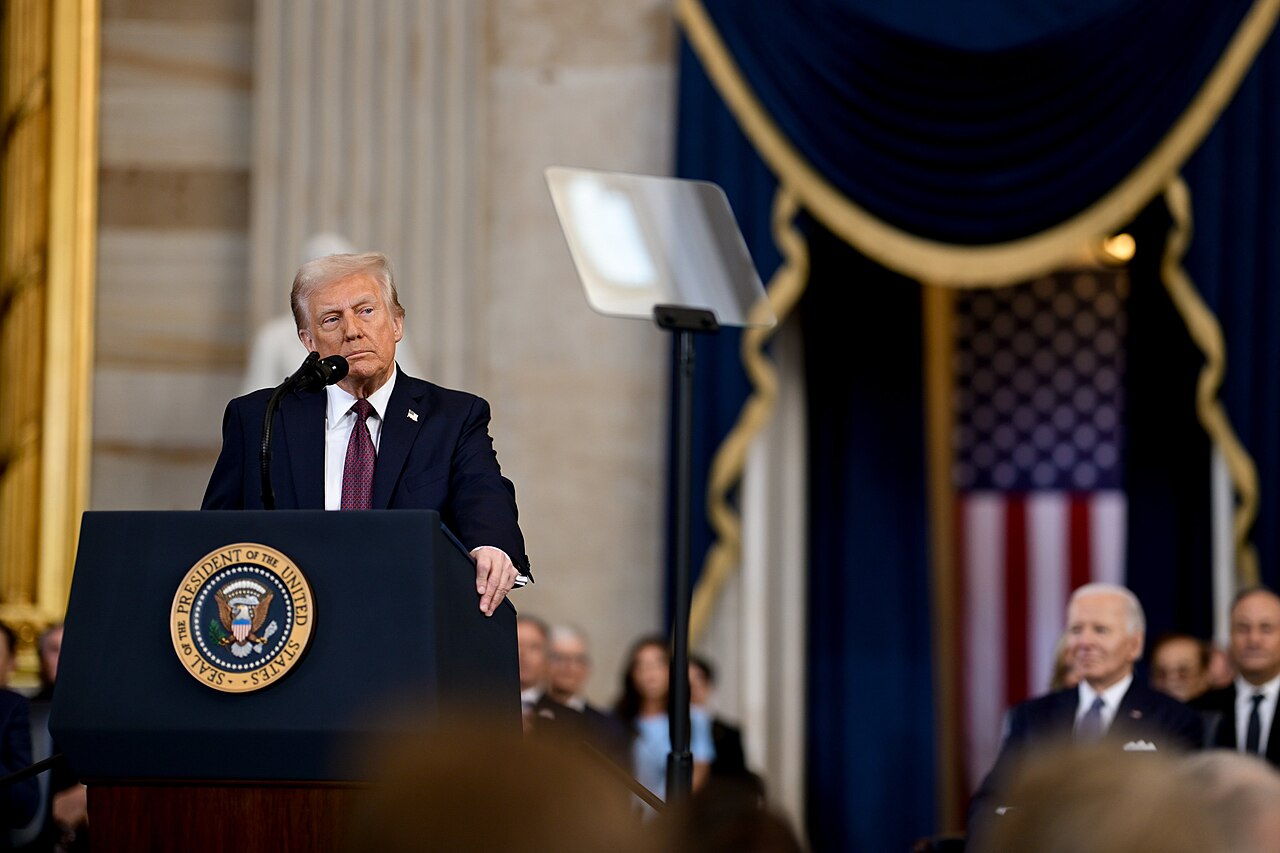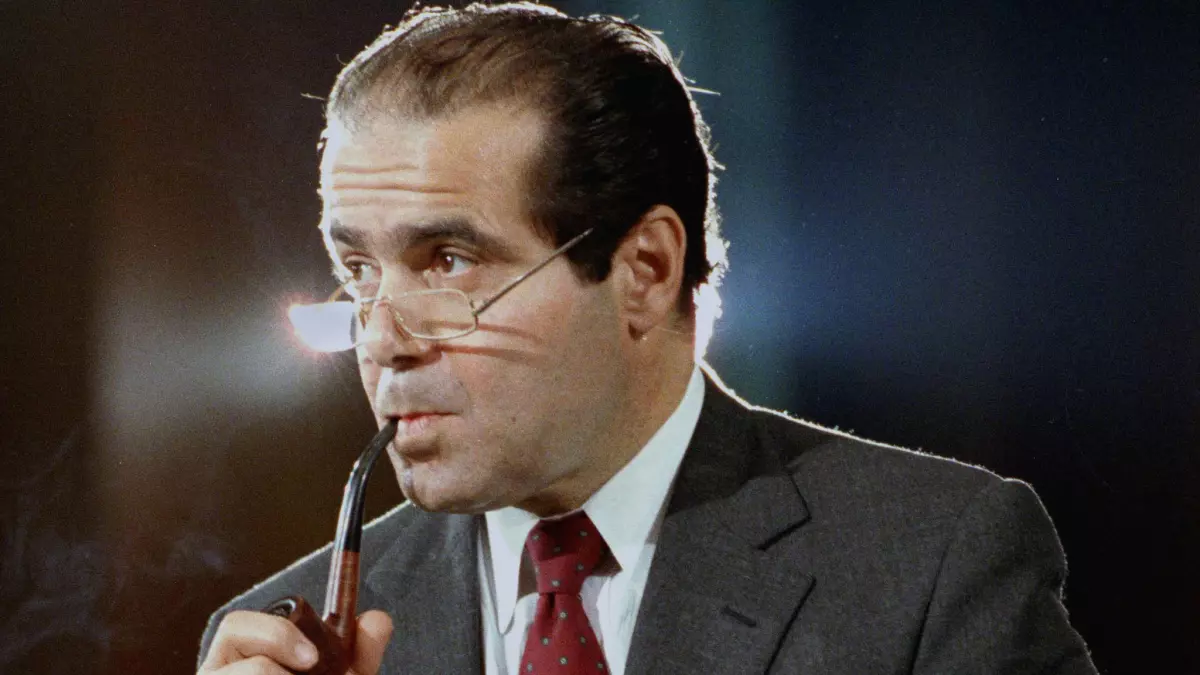
Becoming a Deficit Nation
By March of 1933, the United States had replaced Alexander Hamilton’s founding principles of American government finance with habitual deficit financing.
The story Jill Eicher expertly tells in her new book Mellon vs. Churchill is less “untold” than forgotten, as she demonstrates. The controversy over repayment of America’s wartime loans to the United Kingdom and the linkage of those loans to German reparations for the catastrophic damage they inflicted during the First World War spurred newspaper headlines in both countries, from the immediate aftermath of the war until the Great Depression and Adolf Hitler combined to change the subject. The esteem for Churchill during and after the Second World War, along with the Anglo-American ‘Special Relationship’ during the Cold War, ensured that the past remained unexamined. By now, the fact that Life magazine’s “Man of the Century” was, for a while, perhaps the most detested Englishman among Americans will come as a bit of a surprise.
Wartime loans by the United States to the U.K. began in April 1917, after President Wilson had requested a declaration of war against Germany. Until then, America maintained neutrality, hoping to sell merchandise to both sides. But since the mighty British navy blockaded German ports and the German navy couldn’t reciprocate in kind, German strategists adopted a “unrestricted” submarine warfare policy—that is, not blockading but sinking U.S. merchant ships headed for the British Isles. Although this proved a serious miscalculation—Germans didn’t expect America to be able to do anything effective soon enough to save their trading partners—it very nearly won the war. While the rival armies were stalemated in France, cutting the supplies of food and munitions from the U.S. to the Allies would have won the war for the Central Powers. However, since the Barbary Wars of the early 1800s, the American commercial republic had regarded interruption of its shipping on the high seas—the “great highway of the nations,” as Jefferson called it—a just casus belli.
With these loans, America became “a creditor nation for the first time in its history.” Pittsburgh, Pennsylvania’s Andrew Mellon knew all about being a creditor, having been brought into the banking business by his father at nineteen. He “believed in the guiding principles [Alexander] Hamilton established as the financial policy of the American government—balanced budgets and disciplined debt reduction.” But he didn’t involve himself in politics before or during the war, confining himself to deploring the antitrust legislation advanced by Progressives in both major political parties. His 1921 appointment as Treasury Secretary by President Harding was his first venture in government.
In contrast, Churchill was a prominent figure in British politics, like his father before him. But by the time America declared war and rescued British finances, he was on the outs, having been sacked as First Lord of the Admiralty after his plan to attack the Central Powers through the Dardanelles Straits ended in catastrophe.
American businessman, British aristocrat. Two commercial republican regimes, but one democratic, with an influential oligarchic class, the other only lately democratic (the last of the Reform Acts had only been made law a generation before), and with an influential aristocratic class. In many ways, the intensely private Mellon and the intensely public Churchill exemplified their countries, once enemies and until then scarcely friends.
Congress authorized the loans to Great Britain and the other allies, stipulating that the money would be repaid with interest. To fund $200 million in loans and the costly military effort, Treasury Secretary William McAdoo proposed a tax increase and what he called “Liberty Bonds,” purchased by American citizens. Mellon purchased $1 million, and his banks purchased another $60 million. By the war's end, the Allies had bought $7 billion of war materials, mostly from the United States, all on credit provided by the American government, ending the war with a $20 billion national debt, half of it due to the loans. The policy worked, militarily; American troops, money, and materiel tipped the scales of the war. The price was economic recession and inflation, postwar.
Churchill foresaw the dilemma. In a 1919 article, “Will American Fail Us?” he argued that America should forgive their wartime Allies’ debt in whole or very substantially, on two grounds. First, the victorious countries could not repay, given the war’s devastation and the tariffs imposed in all the countries, whose rulers hoped to protect the remnants of national industry. If angry workers turned to socialism, the ‘capitalist’ interest in repayment would ruin the commercial dimension, and perhaps the republican dimension, of commercial republicanism itself. Second, the debts were incurred “in the common cause of the war,” not (as in the case of an ordinary bank loan) in the hopes of turning a profit in business. Churchill proposed a campaign to change public opinion based on an appeal to Americans’ sense of fairness. He continued to insist on this policy during his years as Chancellor of the Exchequer, beginning with his appointment in November 1924 by his future rival, Prime Minister Stanley Baldwin, and ending, fortuitously for himself, a few months before the collapse of American stock prices in 1929.
But the Americans throughout the Harding and Coolidge administrations had their own moral argument, also an appeal to what Adam Smith called the moral sense. A debt is itself a moral obligation. In Coolidge’s laconic formulation, “They hired the money, didn’t they?” This resonated with Congress and the American people, who had invested in good faith in the Liberty Bonds. Mellon and his assistant Treasury Secretary, Russell Leffingwell, soon thought differently, although not daring to say so publicly. In Leffingwell’s words, “A good customer is better than an insolvent debtor.” Debt relief of some sort would be necessary to bring Europe back, in the interests of Americans and Europeans.
A London editorial writer quoted Hegel: “tragedy is the conflict not of right and wrong but of right and right.” (One pinches oneself to think that a century back, not so much that an editorial writer could quote Hegel but that he could assume that his readers knew who that was.) And so, the tragicomic game of debt and reparation collection began, complete with taunts, as the English called Uncle Sam “Uncle Shylock” and Americans called John Bull “Sponger.”
Practically speaking, the weakness of the American position was the public refusal, through two administrations, to admit that debt repayment depended in substantial measure on German reparations. Arguably, Mellon’s one serious gaffe during his tenure was his public pronouncement in 1926 that “all of our principal debtors are already receiving from Germany more than enough to pay their debts to the United States.” He knew this to be untrue, having told a closed-door session of the Senate Finance Committee, “those who insist on impossible terms are, in the final analysis, working for an entire repudiation of the debt.” And he had quietly begun preparing for loan default at that time by running the budget surpluses needed to pay down the national debt owed to American citizens who had purchased Liberty Bonds. In the end, he also collected most of the monies owed, even from the understandably recalcitrant French, on whose territory the Western Front had held at agonizing cost. Churchill didn’t do quite as well, but as one of his friends said, “Winston had too generous a heart to be a hard debt-collector.”
In its feeble attempt to pay at least some of the reparations, the Weimar Republic borrowed from American banks; in effect, American corporations were subsidizing the European Allies’ debt repayments to, well, Americans. The stock crash “revealed that the American payment system for reparations and war debts…amounted to little more than a house of cards,” although it had worked so long as the American economy roared along in the 1920s.
The Depression saw the Hoover Administration, with Mellon still at his post, announce a moratorium on debt repayment. He retired from Treasury in February 1932, accepting an appointment as Ambassador to the United Kingdom in April. The new Roosevelt Administration tried to revive the debt collection policy, only to see Hitler cancel reparations payments, dismiss the terms of the Versailles Treaty, withdraw from the League of Nations, and remilitarize Germany with malign intent. In their turn, Great Britain, France, Belgium, and Italy defaulted on the remainder of the loans. FDR countered these events decisively by charging Mellon with tax evasion. (“The jury found otherwise and exonerated him.”) When cornered, distract: FDR may not have known much about economics, but politics—yes.
And so it came to pass that “By the time Andrew Mellon resigned as ambassador to Great Britain in March 1933, as was the custom upon the inauguration of a new president, Alexander Hamilton’s founding principles of American government finance…had been supplanted by habitual deficit financing.” As for Churchill, we know the rest of that story, too.
Will Morrisey is Emeritus Professor of Politics at Hillsdale College. He is the author of Churchill and De Gaulle: The Geopolitics of Liberty (Lanham: Rowman and Littlefield, 2015).
Politics

National Civitas Institute Poll: Americans are Anxious and Frustrated, Creating a Challenging Environment for Leaders
The poll reveals a deeply pessimistic American electorate, with a majority convinced the nation is on the wrong track.
.webp)
Liberal Democracy Reexamined: Leo Strauss on Alexis de Tocqueville
This article explores Leo Strauss’s thoughts on Alexis de Tocqueville in his 1954 “Natural Right” course transcript.
%20(1).avif)
Long Distance Migration as a Two-Step Sorting Process: The Resettlement of Californians in Texas
Here we press the question of whether the well-documented stream of migrants relocating from California to Texas has been sufficient to alter the political complexion of the destination state.
%20(3).avif)
Who's That Knocking? A Study of the Strategic Choices Facing Large-Scale Grassroots Canvassing Efforts
Although there is a consensus that personalized forms of campaign outreach are more likely to be effective at either mobilizing or even persuading voters, there remains uncertainty about how campaigns should implement get-out-the-vote (GOTV) programs, especially at a truly expansive scale.

There's a Perception Gap With the U.S. Economy
As we approach another election cycle, it’s worth asking: what’s real, what’s political theater, and what does it all mean if Democrats regain control of the House?

International Law Is Holding Democracies Back
The United States should use this moment to argue for a different approach to the rules of war.

Trump purged America’s Leftist toxins. Now hubris will be his downfall
From ending DEI madness and net zero to securing the border, he’ll leave the US stronger. But his excesses are inciting a Left-wing backlash

California’s wealth tax tests the limits of progressive politics
Until the country finds a way to convince the average American that extreme wealth does not come at their expense, both the oligarchs and the heavily Democratic professional classes risk experiencing serious tax raids unseen for decades.

When Duvall Played Stalin
It’s strange to compliment an actor for impersonating a tyrant, but it is an act of courage.

When Vanity Leads to Impropriety
A president should simply not be allowed to name anything after himself without checks from Congress or an independent commission.











